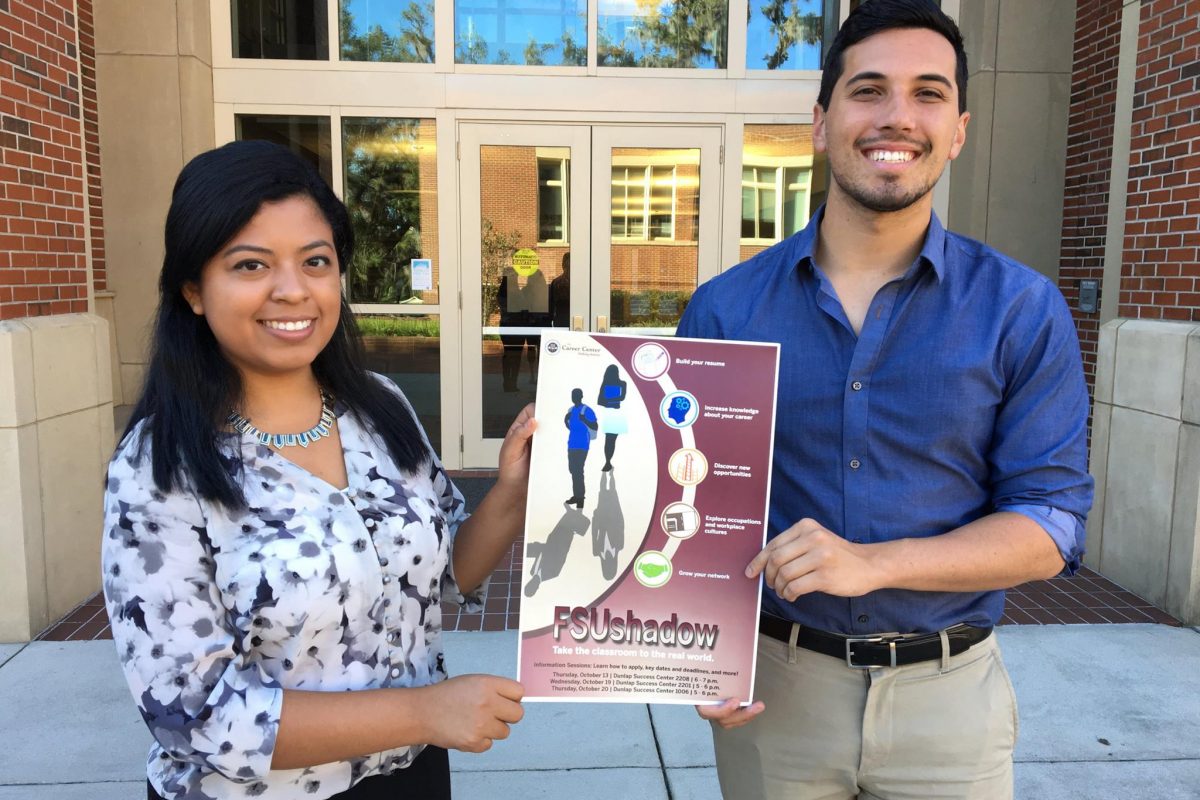

These USF jobs typically consist of working at the school cafeteria, on-campus dining spots, the library, or other on-campus offices. Luckily, the University of South Florida also has traditional part-time job opportunities. Since you must meet certain requirements for a student work-study award, not everyone qualifies. When assigned an on-campus position, you’re employed by USF, and off-campus work is often with private nonprofits or public agencies. Work-studies can work either on or off-campus. The advantage of scoring a work-study position is that students often get placed in jobs related to their field of study. USF students can take advantage of part-time positions with the university, or some may qualify for federal work-study opportunities.įederal work-study jobs use your class schedule and academic progress to determine your award amount, which sometimes limits the number of hours, AKA: how much you can earn. The University of South Florida offers part-time student jobs to allow you to earn needed income without the worry of interfering with class schedules. Universities are aware that many students need to earn extra income to help offset their educational expenses and reduce the debt accumulated during their college journey. This list will help you with your Tampa job search and find a job that doesn’t interfere with your educational commitment while helping with your career goals after graduating. As a top tourist destination, Tampa offers multiple part-time employment opportunities for students, and USF even provides jobs for undergraduates and graduate students. If you are a student at the University of South Florida and need a part-time job to help with daily expenses, you may be wondering where to start. Therefore, undergraduate and graduate students must find part-time jobs to offset the cost of books, meals, and rent. Unfortunately, tight budgets and questionable meal choices are not always enough to make ends meet. College is a major expense, and students are often thrifty with their spending and meal prep. However, the inspiration for these stereotypes comes from the truth many students live each year.


 0 kommentar(er)
0 kommentar(er)
